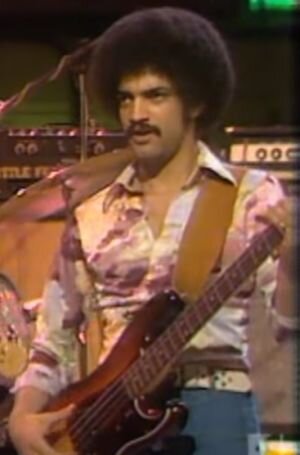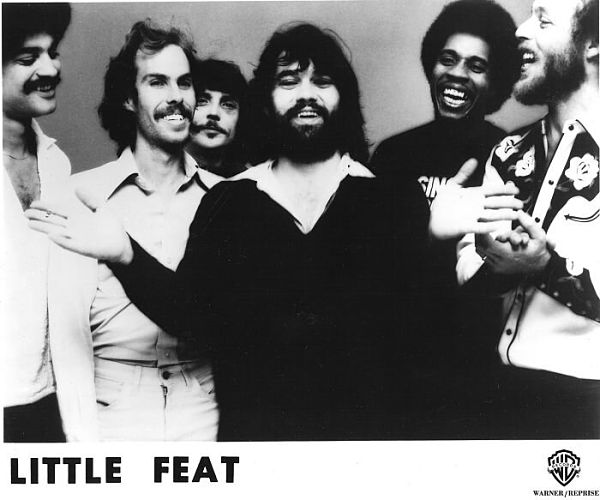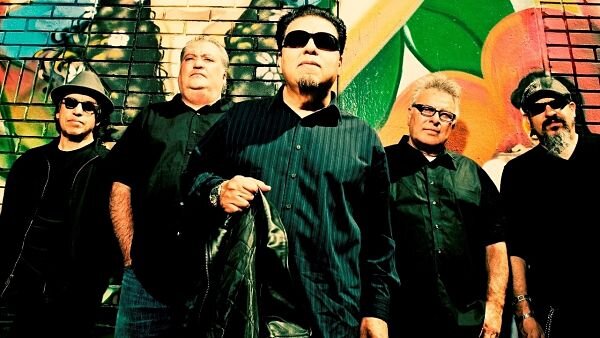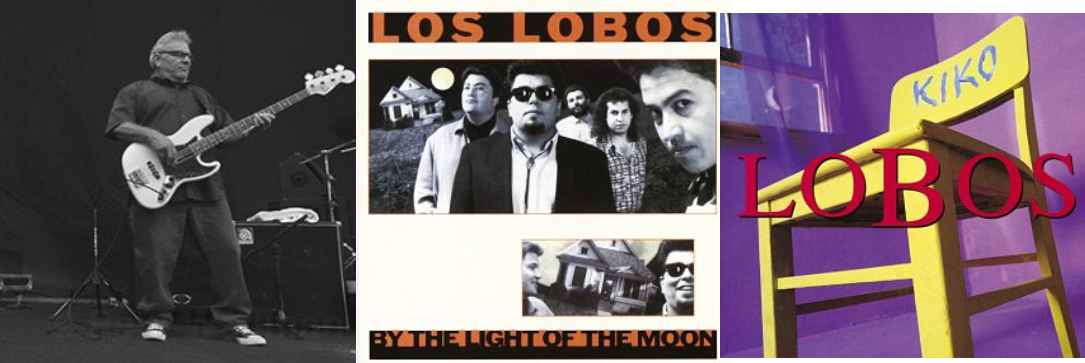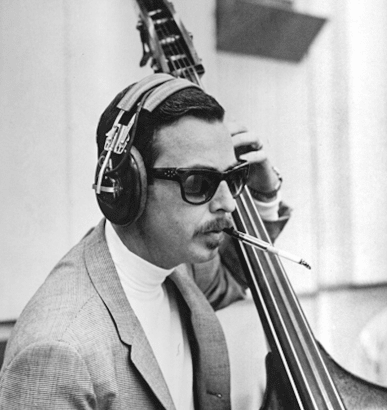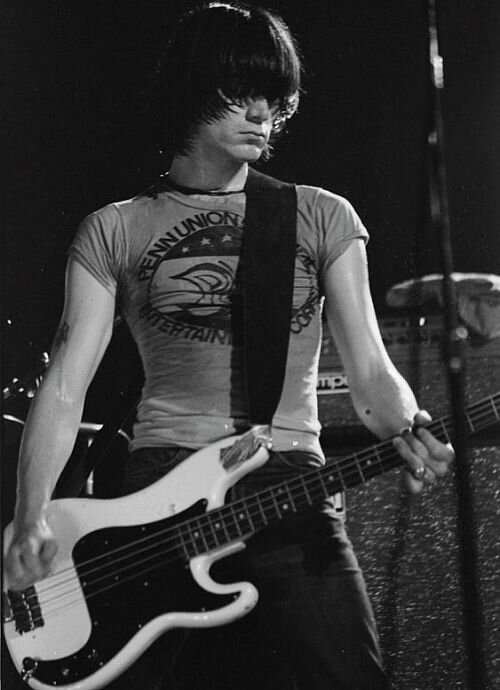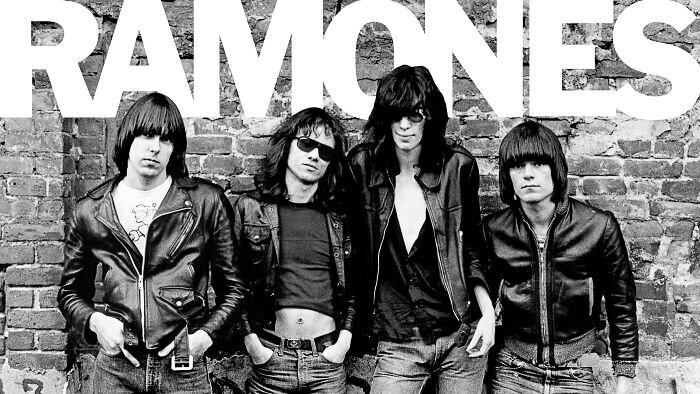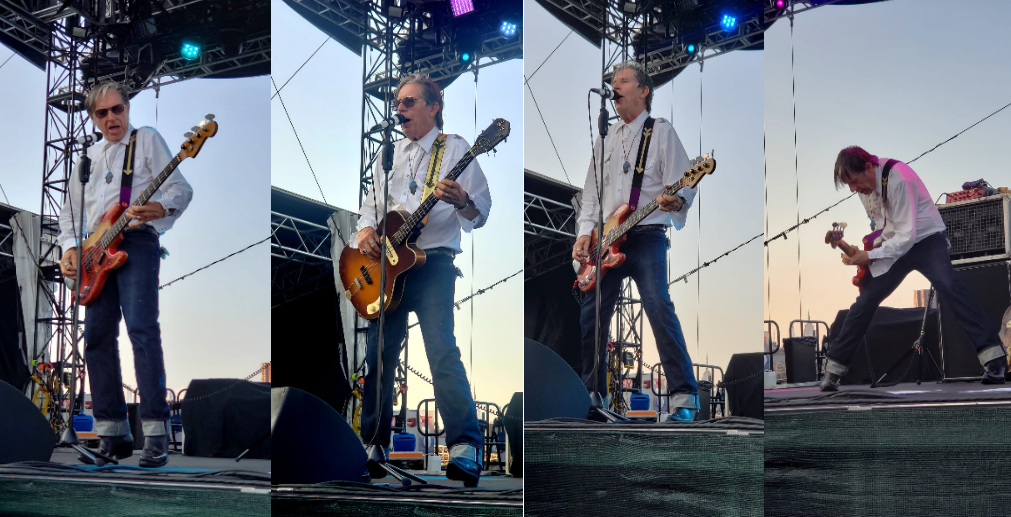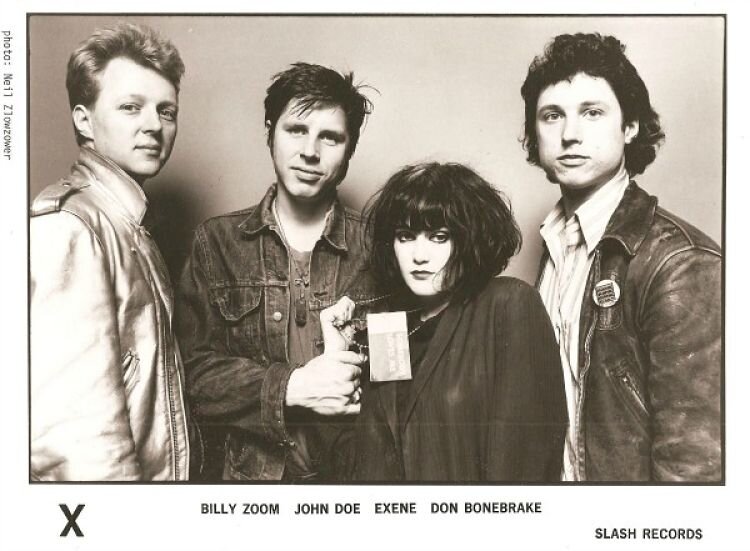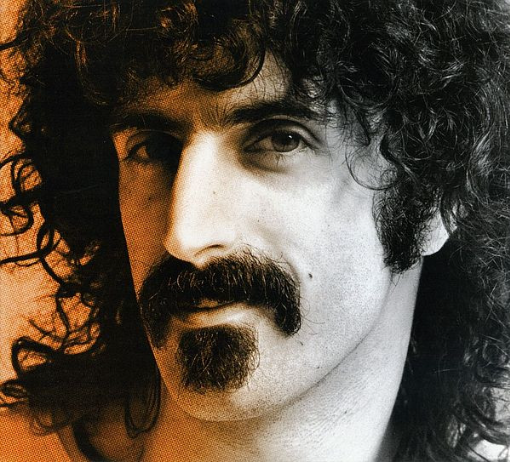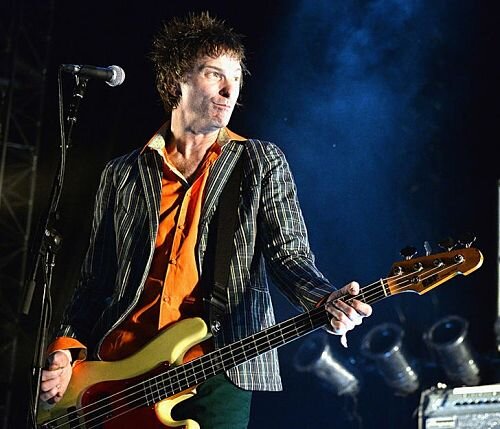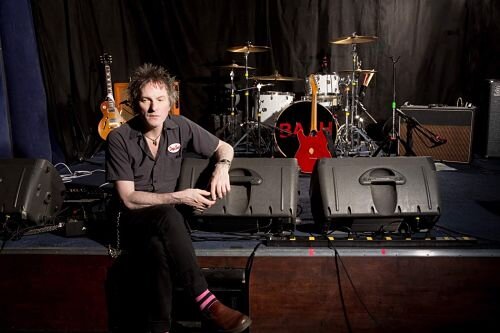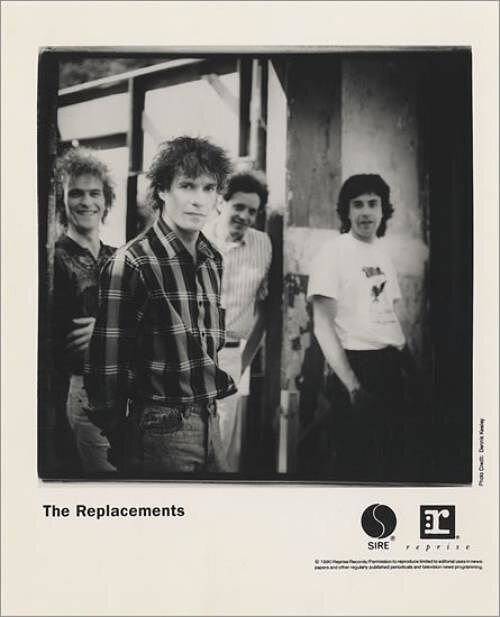Carmine Rojas (David Bowie, Joe Bonamassa, Rod Stewart, Nona Hendryx)
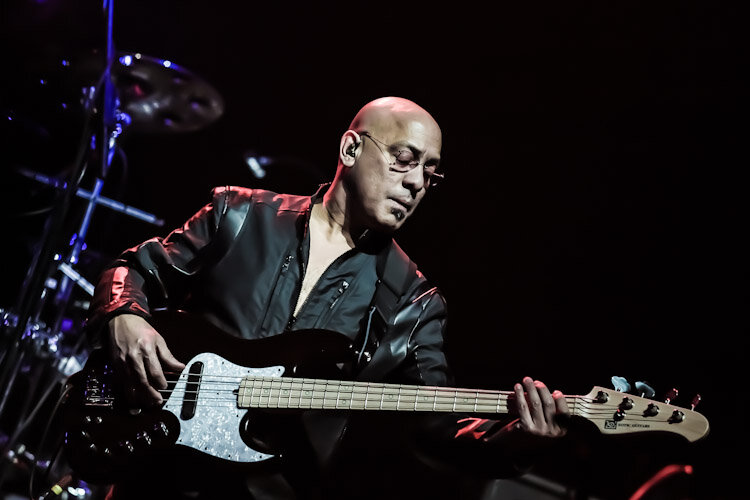
Among the most in-demand, versatile session cats since the late 1970’s, Carmine Rojas’ credits on stage and on record span David Bowie, Tina Turner, Joe Bonamassa, Carlos Santana, Nona Hendryx, Ian Neville, Allen Toussaint, Paul Rogers, Rod Stewart, John Waite, Carly Simon, and Herbie Hancock to cite a very, very select few.
A composer, producer, musical director (Rod Stewart, Julian Lennon), master of fretless, traditional four, and extended range bass, Carmine’s canon traverses rock, funk, rhythm & blues, jazz, soul, and hip-hop and permutations thereof.
Attention bassists: To give you an idea of the scope of Carlos’ approach to the instrument – be advised to study Bowie’s live archival Loving the Alien (1983-88), in particular, the Serious Moonlight Live ’83 selections, wherein Carmine goes full-throttle with harmonic extensions, pop/slap passages, and register leaping counterpoint to reinvigorate Bowie’s early canon.
As I recall back in the day, Bowie diehards recoiled (and many still do) at David’s pop funk forays, however Rojas and that band (also featuring Earl Slick, Carlos Alomar, Tony Thompson) kept the Ziggy zeitgeist relevant for a new generation.
Essential listening for those who did not get it the first time around! Rojas was brilliant on David’s Let’s Dance (1983), Tonight (1984), and Never Let Me Down (1987); working a modern rhythm & blues / reggae / funk / soul pocket with a piercing tone signature of the era.
Among Carmine’s current projects include A Bowie Celebration with several of David’s esteemed alumni including Earl Slick, Mike Garson, and Gary Leonard, among others.
Carmine Rojas Sound & Vision….
David Bowie:
Dig the harmonic / chromatic passage Carmine renders to add a new dimension to David’s “Rebel Rebel” https://youtu.be/W5YzzK4qVwA
Carmine stretching out on David’s “Cracked Actor” https://youtu.be/Shgbt4nN4xc
“Let’s Dance” https://youtu.be/VbD_kBJc_gI
Carmine in costume for “Blue Jean” https://youtu.be/NZnryZ5rDbs
Charlie Sexton: A Bowie Celebration: “Let’s Dance” https://youtu.be/2KYvc_Zofzs
Sir Rod and Ronnie Wood on the Faces classic “Stay With Me” https://youtu.be/oop92KYfR08
Check out Carmine’s chordal work on Nona Hendryx “Tax Exile” https://youtu.be/HG9NAcveq1k
Joe Bonamassa: https://youtu.be/B4-QVk-6xUc
Carmine Rojas ZOOM ZESSIONS – 2021
